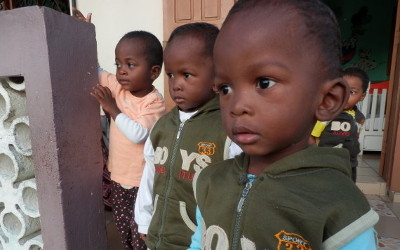AKIPRESS.COM -  Taboos in Madagascar's rural tribes are part of society, ranging from the mundane, like not planting rice on a Thursday, to the practical, like not having sex with a sibling, The Huffington Post reports.
Taboos in Madagascar's rural tribes are part of society, ranging from the mundane, like not planting rice on a Thursday, to the practical, like not having sex with a sibling, The Huffington Post reports.
But one taboo is causing widespread misery amongst mothers and children on the southeast African island – the taboo of raising twins.
Now a new Channel 4 documentary examines how the children and mothers become outcasts, with raising twins compared by tribal elders to eating faeces.
The mayor of the town is campaigning to challenge the “taboos” that villagers believe, but in tribal villages with no electricity, let alone access to television news, the message is hard to get through.
No one is really sure how the taboo began, but it is so ingrained in the culture it is almost impossible to challenge.
Ursula, the mother of two twins, was told by her husband to abandon them. “When my mother fell ill and died everyone said that her death was her punishment because she didn’t respect her culture – the ancestors," she told the reporters.
Carolin gave birth to three sets of twins, and has been forced to move house around thirty times because her neighbors feared the twins. Now, she lives in a tiny tent in what amounts to a small refugee camp for twins and their mothers.
Meeting the tribal elders was a shocking experience. Asking them why they believed it was taboo to raise twins, the journalists got a troubling response.
They said, “to us, asking us to raise twins is like asking us to eat our own shit. As long as we are still alive we are not going to dilute our ancestral culture ... we have a saying – that anyone who keeps twins has no soul,” one other elder said.
Most twins are abandoned in this part of Madagascar, but it makes them more likely to be adopted abroad. Twins are placed for adoption, usually going to start new lives in France, Sweden, Italy or Canada. A few are also adopted locally, sometimes informally amongst villages and extended families who don't belong to the same tribe, or are wealthier and more educated.
